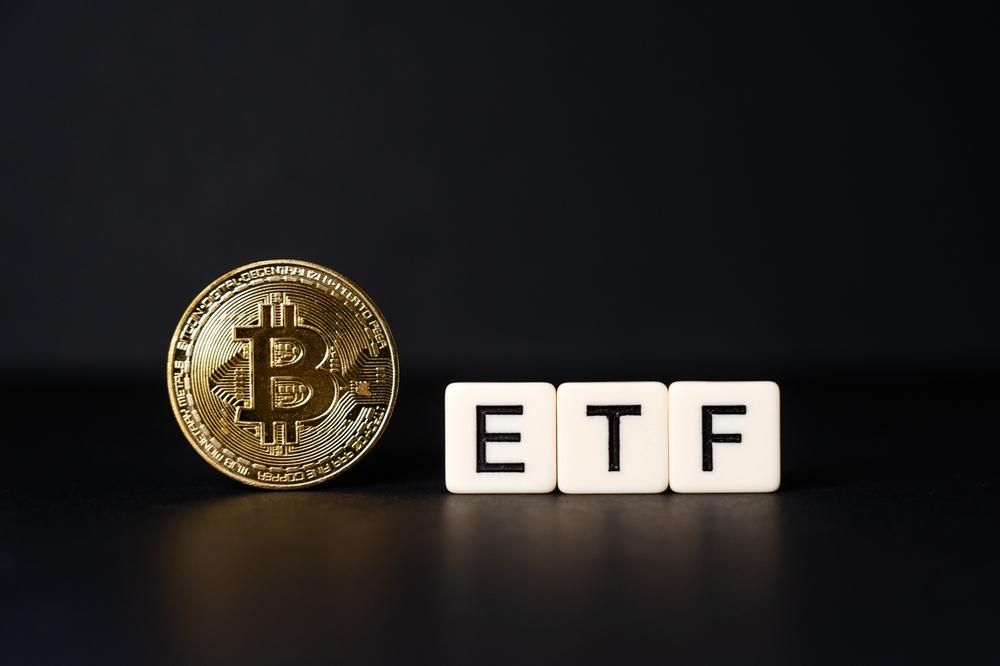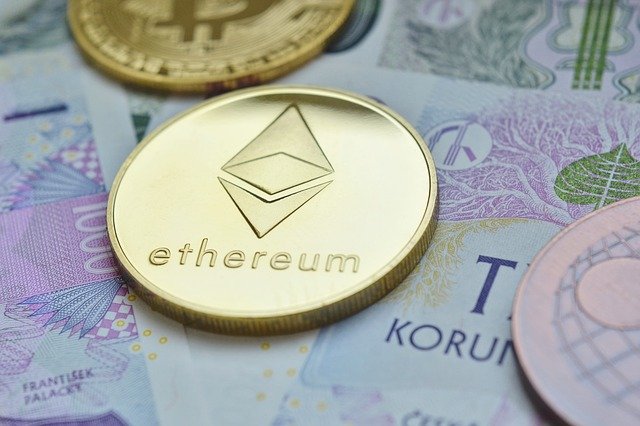A unique feature known as Mordinals, or Monero Ordinals, has gained attention for its ability to enhance the functionality of the Monero blockchain. This addition allows users to incorporate additional details within the Monero system, going beyond basic transaction data logging.
The concept of ordinals originated from facilitating token and NFT issuance on the Bitcoin network. In recent months, Bitcoin Ordinals have gained prominence in the cryptocurrency space. However, the increased popularity has led to a significant rise in average transaction fees on the Bitcoin network. The adoption of the Ordinals principle by the Monero blockchain has generated mixed reactions.
While some members of the audience have praised this innovative application of the Monero coin, a majority of Monero advocates have expressed strong dissent, citing potential risks to user privacy.
Critics argue that Mordinals introduce a centralized element. They fear that widespread adoption of these ordinals on the Monero blockchain could jeopardize the confidentiality of users who rely on Monero's anonymity features.
The concerns raised against Mordinals are reminiscent of those faced by their Bitcoin counterparts, with a particular focus on the potential impact on privacy. Monero transactions utilize "ring signatures" to safeguard user privacy by obfuscating a transaction among a series of decoy transactions.
However, if a well-resourced attacker were to flood blocks with Mordinals, it could potentially make it easier to distinguish legitimate transactions from fraudulent NFTs, thereby posing a threat to user privacy.
Unlike Bitcoin, Monero's block size is dynamic, which has raised legitimate concerns within the Monero community that Mordinals may lead to abnormal blockchain expansion. Nevertheless, on-chain metrics indicate that there has been no excessive growth in block size. While the privacy impact of Mordinals should be taken seriously, some argue that updates can mitigate these risks.




























Comment 0